When you’re job hunting, your resumé is only one part of the equation. You also need a strong reference list. Employers rely on references to verify your skills and get a better sense of who you are. A well-crafted reference list can be the difference between landing an interview or not.
Let’s dive into how to create a reference list that will help you stand out in 2025.
Choose References Who Truly Know You
Your references should be people who know you well. Don’t list someone you barely know. You want references who can speak confidently about your work ethic, skills, and character. A negative reference can seriously harm your chances, so choose wisely.
The more references, the better. For entry-level job seekers, aim for at least four. Having more than enough references ensures that the employer can find someone who will vouch for your skills.
Keep It Professional
Stick with professional references instead of family or friends. Employers want to hear from people who can speak to your work-related skills. Consider past employers, co-workers, or mentors. They can speak about your abilities in a real-world context.
For those new to the job market, choose references from your desired industry. It helps if they can speak about your technical skills or your ability to work in a team under pressure.
Always Ask for Permission First
Before you list someone, ask them for permission. It’s always better to call or ask in person. Explain why you want them as a reference. Most people will be honored by your request. Plus, asking gives them a heads-up. They’ll be prepared if the employer calls.
Organize Your Reference List
Now that you’ve chosen your references, it’s time to organize them. Create a separate document for your reference list. Include their name, relationship to you, job title, employer, phone number, and email.
Use the same format as your résumé. Keep things neat and consistent. For example, if your résumé uses Times New Roman, 12-point font, do the same with your reference list. It keeps your documents looking professional and cohesive.
Make sure to list your strongest references first. Employers typically start at the top of the list, so place your most reliable references at the top.
Distribute Your Reference List When Asked
You generally don’t need to give your reference list to employers unless they request it. On your resumé, include a line that says, “References available upon request.” This shows that you’ve thought ahead.
If the employer asks for your reference list, have it ready. Be prepared to provide it during your interview or in a follow-up. Employers might also search for your references online, so make sure your online presence aligns with your professional image.
Keep Your References Updated
Remember to stay in touch with your references. Regular communication can help you maintain a strong professional relationship. Periodically checking in to see how they’re doing or sharing updates about your career can strengthen the connection.
This way, when you need them, they’re already familiar with your current goals and achievements. Moreover, it shows your appreciation for their support and keeps your professional network growing.
If you change jobs or gain new skills, let your references know. This ensures that they can speak more accurately and confidently about your most recent work and accomplishments, giving them the best possible context to provide a solid recommendation.
Updated Insights: The Canadian Job Market in 2025
The Canadian job market in 2025 is looking promising. With the right insights and strategies, you can position yourself for success. Let’s look at the latest trends.
Remote Work: The New Norm
Remote work is becoming a permanent fixture in many industries. By 2025, nearly 40% of Canadian workers will work remotely, at least part-time. This shift allows job seekers outside major cities to compete for roles in larger markets.
Key Skills in Demand
The tech sector continues to grow rapidly, especially in fields like software development, data analytics, and cybersecurity. The demand for these skills is expected to rise by more than 10% each year.
Healthcare professionals are also in high demand. Canada’s aging population means that roles in healthcare will continue to grow in 2025.
Diversity and Inclusion
More Canadian companies are focusing on diversity and inclusion. Over 70% of businesses now have D&I initiatives. This focus is expected to increase in the coming years. Job seekers who can work in diverse teams will have an advantage.
Networking: Still Key
Networking remains one of the most effective ways to find a job in Canada. Around 70% of positions are filled through referrals and connections. So, make sure to build and maintain your professional network. Attend events, join groups, and connect with people on LinkedIn.
Salaries and Benefits Trends
Salaries in Canada are expected to increase by 3-5% in 2025. However, this varies depending on the industry. Tech and healthcare roles will see the largest salary increases.
Employers are also offering better benefits. Mental health support, paid time off, and flexible work arrangements are becoming standard. These benefits will make a big difference in your overall compensation.
Job Boards and Recruitment Agencies
Job boards like Indeed and Workopolis are still essential for job seekers. Many employers also rely on recruitment agencies to find top talent. So, be sure to use these tools in your job search.
Conclusion
A strong reference list is essential in 2025. Choose people who know you well, and make sure your list is organized and professional. Keep up with trends in the Canadian job market so you can position yourself for success.





Great reminder that a reference list isn’t just a formality—it’s a strategic tool. I especially appreciated the tip to keep references updated over time; it’s easy to forget how fast job responsibilities (and contact info) can change. Curious—do you recommend tailoring your reference list to match different types of roles, like remote vs. in-office positions?